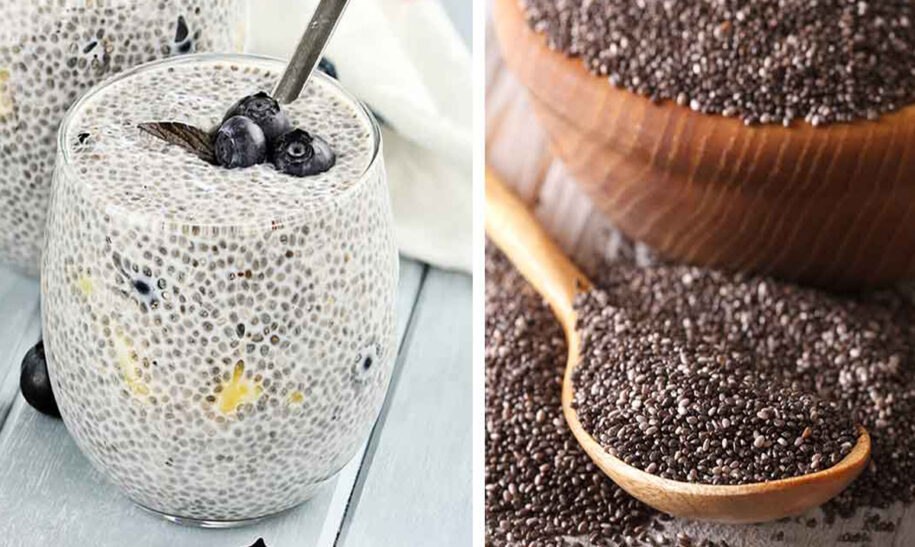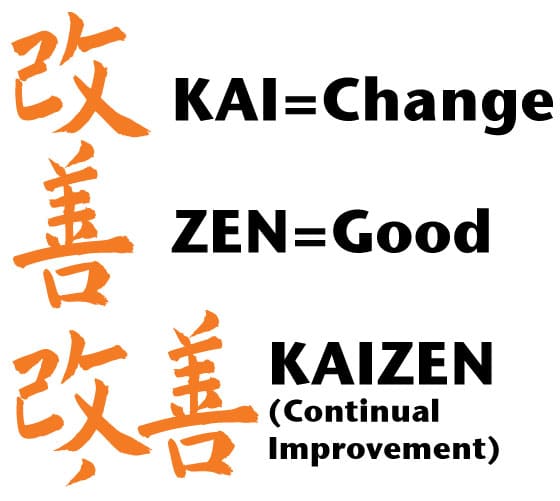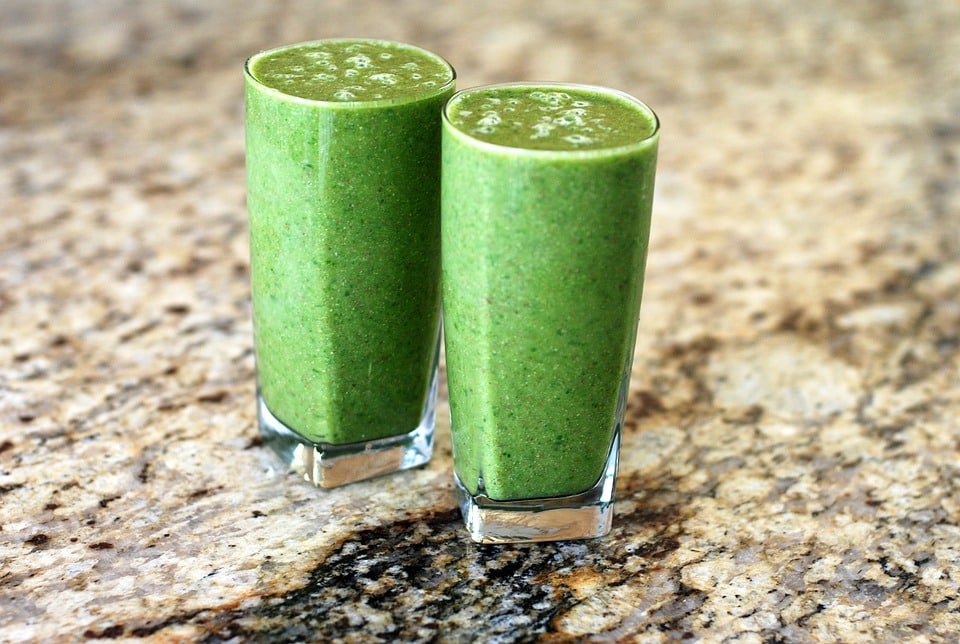
How 1 Teaspoon of Chia Seeds Can Help Improve Your Gut, Brain, and Heart
Currently taking the world of healthy foods by storm, chia seeds are one of the newest super foods. Packed full of vital nutrients, and carrying many health benefits, these seeds are a great addition to any healthy diet!
Tiny, flat, oval-shaped seeds, the chia seeds were believed to have been a staple food for the ancient Mayans and Aztecs. The seeds come from a flowering plant called Salvia hispanica L, which is a member of the mint family. They can be found in white, black or dark brown varieties. Legends tell of the Aztecs and Mayans using the chia seeds as a source of energy.
There may be some truth to the legends! With a rather large list of health benefits and nutritional values, the reasons to add chia seeds to your diet will leave you wondering why you waited this long!
23 Benefits of Chia Seeds
As outlined in the video, the benefits of consuming chia seeds include:
- Great source of Fiber!
- Vegan & Vegetarian Friendly
- Aid in Weight Loss
- High in Antioxidants
- Can be used for ‘Breading’
- They are Organic, Raw & Non-GMO
- Support Healthy Bones
- One of the Top Sources of Omega 3 Fatty Acids
- Excellent source of Plant Protein
- Beneficial for your Digestive System
- Work to Detoxify the Body
- They’re a Natural Beauty Food
- Seed Up Your Drink
- They Have a Long Shelf Life
- Enhance Your Mood
- Promote Heart Health & Fight Diabetes
- Suitable for a Low Carb Diet
- Abundant in Phosphorus
- Make Great Dessert
- Reduce your Risk of Colon Cancer
- They Contain Manganese
- Add Them to Your Greens
- Combat Belly Fat
With so many great reasons to consume chia seeds, the bigger question is how to add them to your daily meal plan!
From super easy, to incredible complex, there are far too many uses to share. The easiest is simply to add chia seeds to your water. When the seeds are soaked in water they create a gel like coating. This coating makes the seeds easy to swallow in your water (or other drink of choice). If you would prefer something with a little more flavor, add chia seeds to your favorite juice, or include it in your smoothies.
The seeds can be mixed into yogurt or oatmeal, make chia pudding, or sprinkle them on top of your salad. A quick search on the internet will turn up countless recipes, including them in jams, pizza, muffins, cookies and more!










